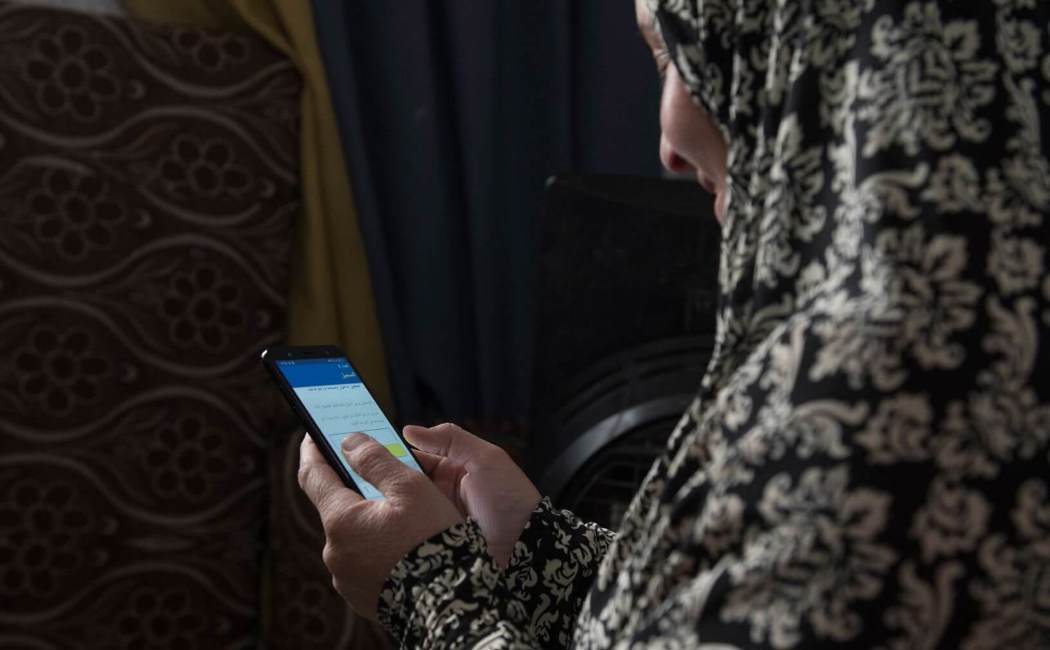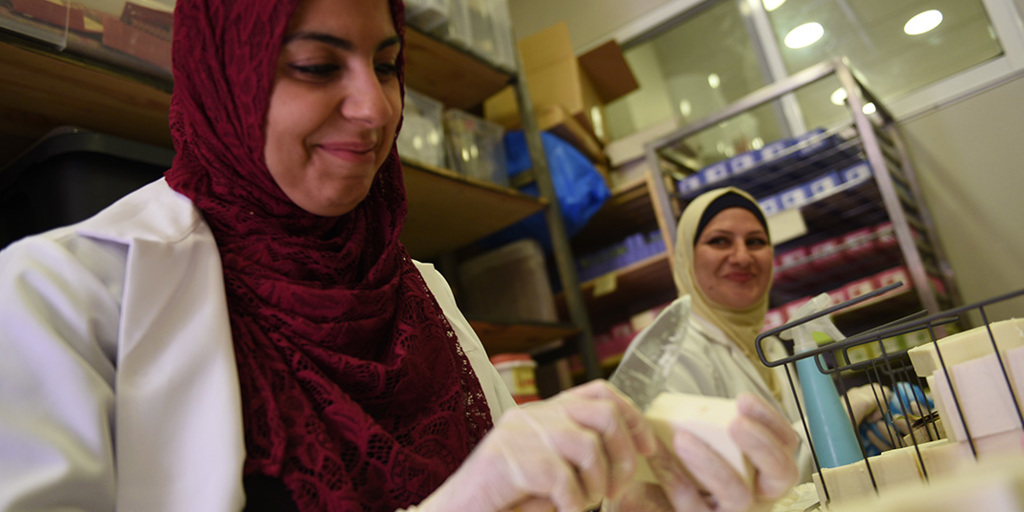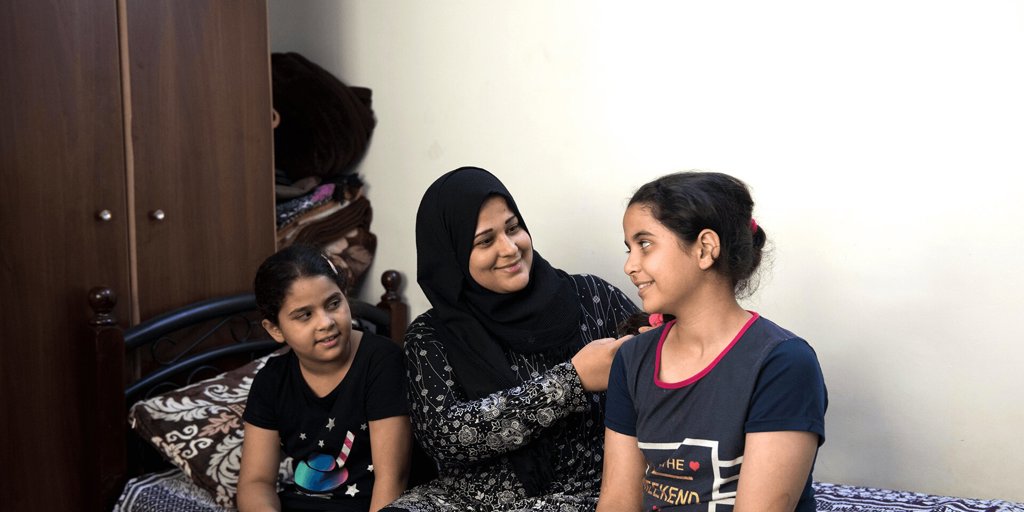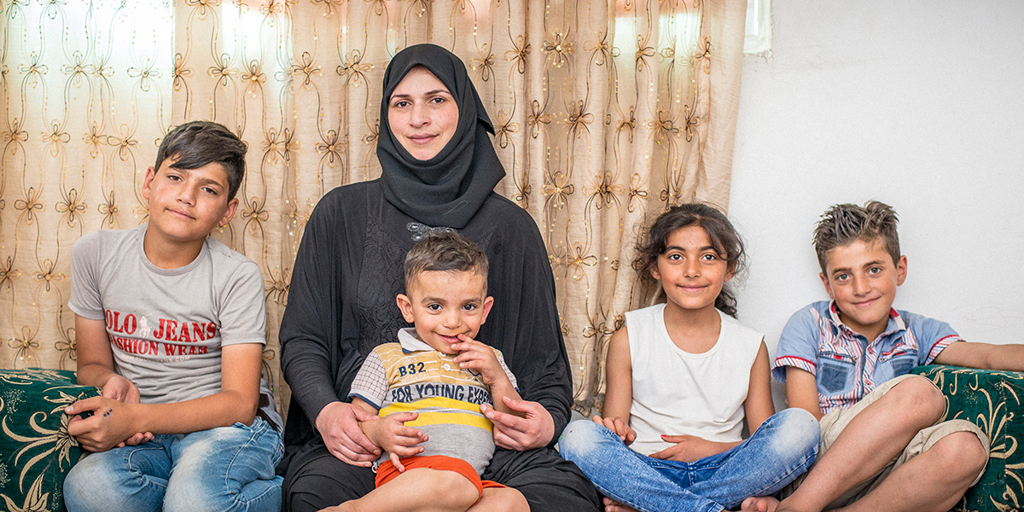Like the Australian donors to the LWF, the Syrian women had lots of questions about signing up.
“The vast majority were keen to participate, but we had to reassure the women right from the start that participation in the app would not affect the amount of cash assistance they were receiving from UNHCR,” says Rozhan, who was available by phone for participants throughout the trial. The women were also consulted at the start of the project and involved with the research and development of the app.
“I told them there was no requirement to send a certain number of messages and that they could withdraw at any time. None of them did."
“They cared a lot about their matches and didn’t want to overwhelm them,” adds Rozhan. “They also didn’t want to say anything that might upset the Australian women or cause them hurt.”
Interestingly, the anonymity of the app helped the Syrian participants to express themselves more freely than they usually would, even to women in their own community. Culturally, it can be difficult for women to talk about their problems for fear of judgement. “There’s a lot of blame towards women if, for example, the house isn’t organised, or their children aren’t doing well in school," says Rozhan. "So, women tend to hide their feelings and difficulties from other women in their community.
“Talking to the donors was different,” she continues. “They could talk openly knowing that the donors genuinely cared and wanted to hear their stories.”
Using a phone also encouraged intimacy, believes Rozhan. “It’s your phone, you can lock it, and you can write in a more comfortable voice. Sometimes writing an experience can be easier than speaking it.”
Even though all the participants knew that the trial would only last a month, most still told Rozhan that they wanted to continue. Several had developed close relationships with their matches; one even told Rozhan that she regarded her match as “a daughter”.
“They wanted to break the rule about writing to their donors, or they wanted to invite them to visit,” says Rozhan. “They felt they’d made a friend who cared.”
JOIN THE LEADING WOMEN FUND TODAY
















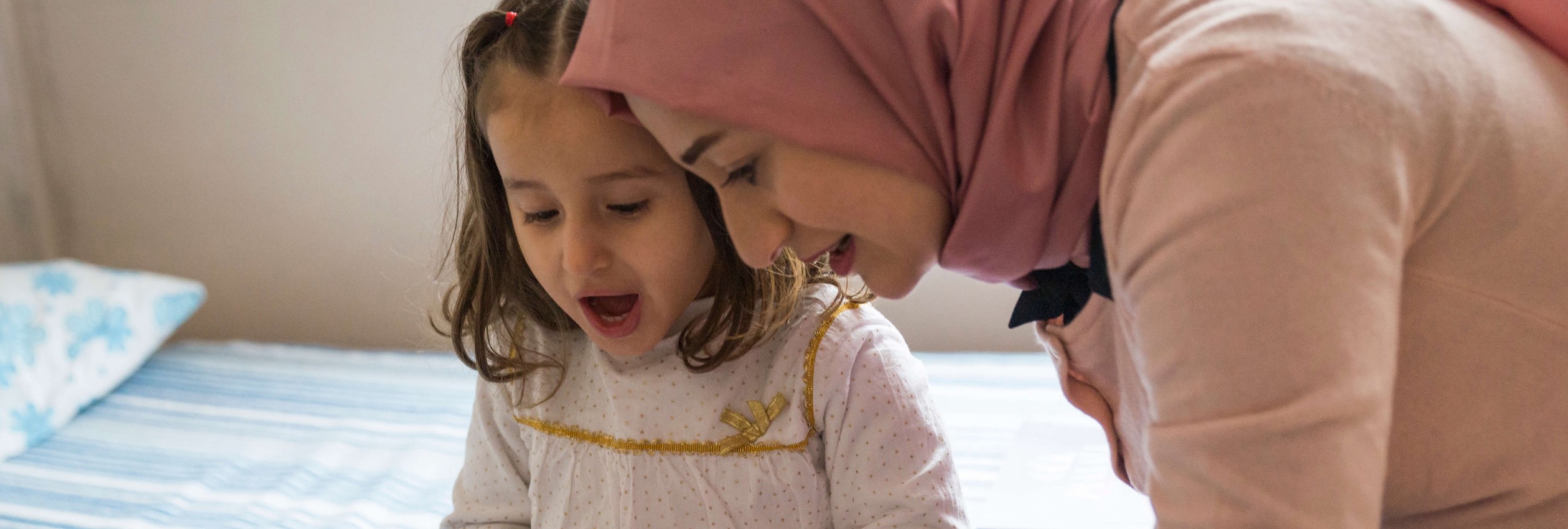
 Jordan
Jordan
